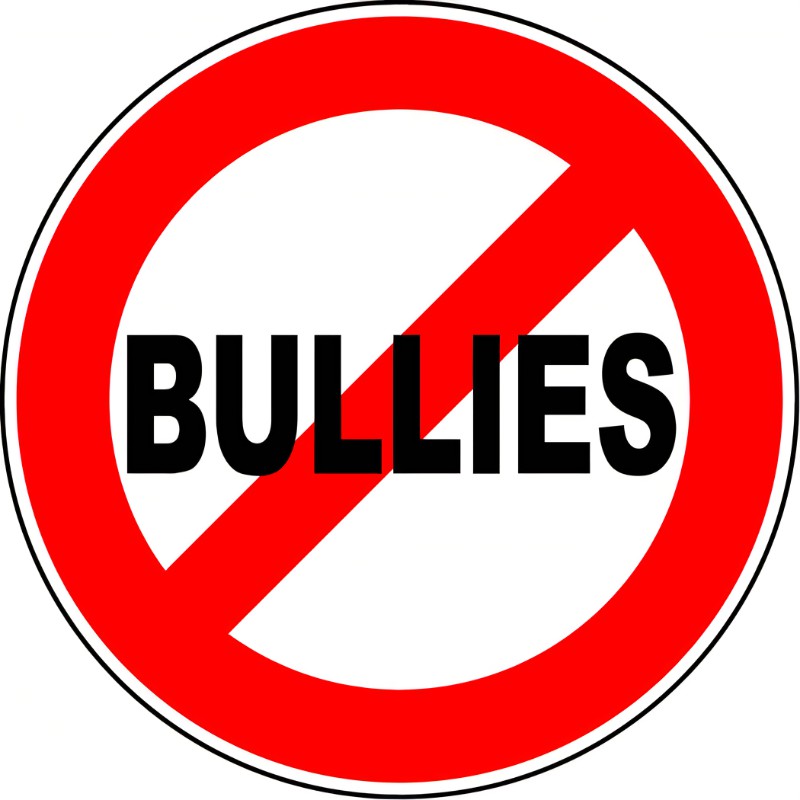
From time to time, children may state that they are being bullied. It is really important that we take this seriously, but also that we take time to understand what they mean when they say ‘being bullied’. It’s important that we have a shared understanding within our school community of what bullying is.
The Anti Bullying Alliance states that, ‘Bullying is the repetitive, intentional hurting of one person or group by another person or group, where the relationship involves an imbalance of power. It can happen face to face or online.’
Falling out with friends, being tackled during football or children not sharing equipment at playtime may be upsetting for children, but cannot be classed as ‘bullying’.
We believe every member of our school family, regardless of gender, sexuality, faith, culture or socio-economic background has a right to ‘feel welcome and safe, which in relation to bullying means we work to:
· provide a happy and secure environment for all our pupils so they may feel safe at all times
· develop a mutual respect for each other so that pupils and adults alike will treat each other with consideration and tolerance
· through a broad curriculum including PHSCE -Personal, Social, Health and Citizenship Education to enable children to fulfil their potential and help develop their self worth so that everyone will feel valued as a member of our school community
· identify possible children at risk (including risk of radicalisation or extremist views and/or material) and to monitor and assist them, if necessary, involving parents to help prevent bullying
· deal with bullying incidents in a swift, firm and decisive manner (showing children, we find this behaviour unacceptable)
Talking with children about the difference between unkind behaviour, falling out and bullying, so that they have a good understanding of the difference between these, is a worthwhile thing to do.